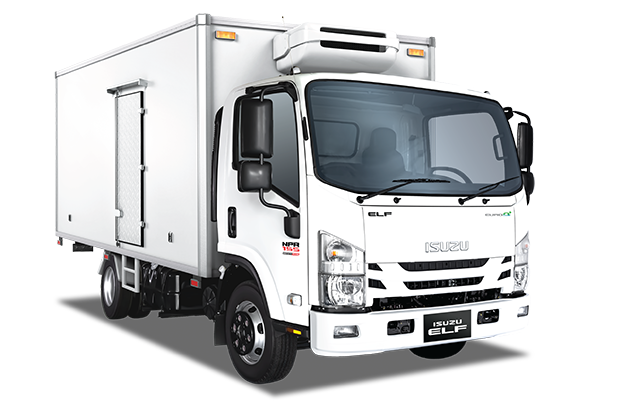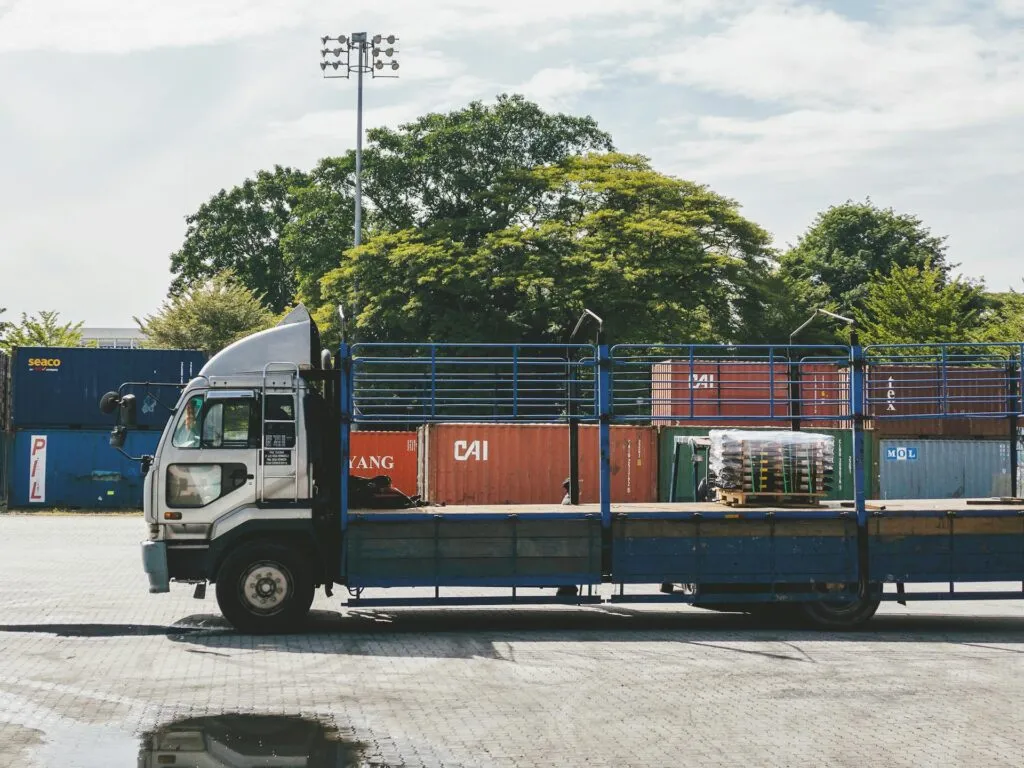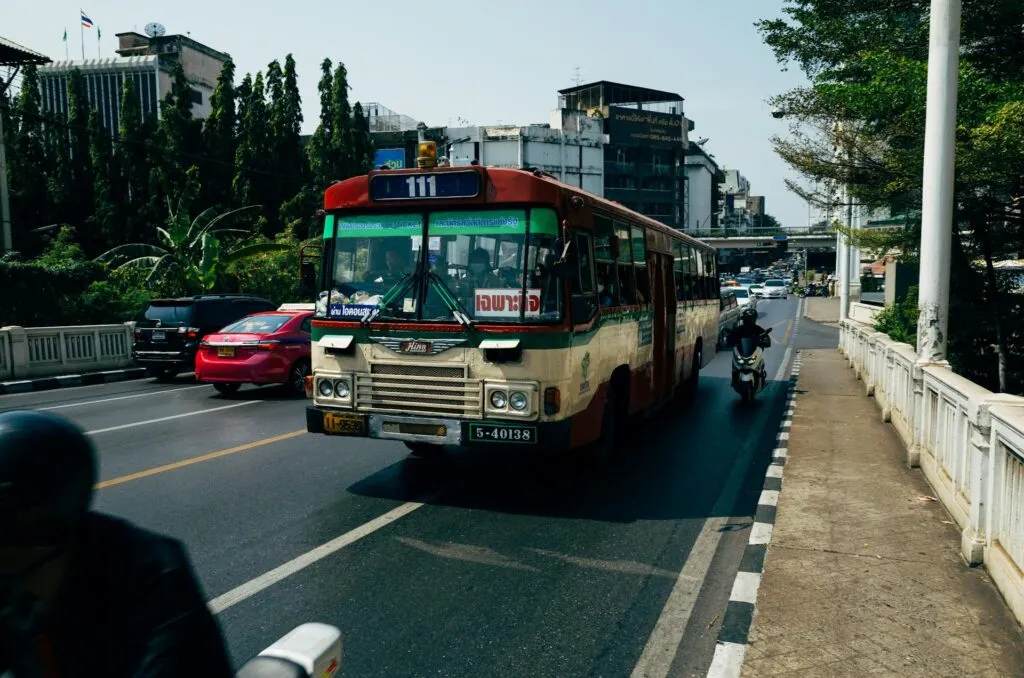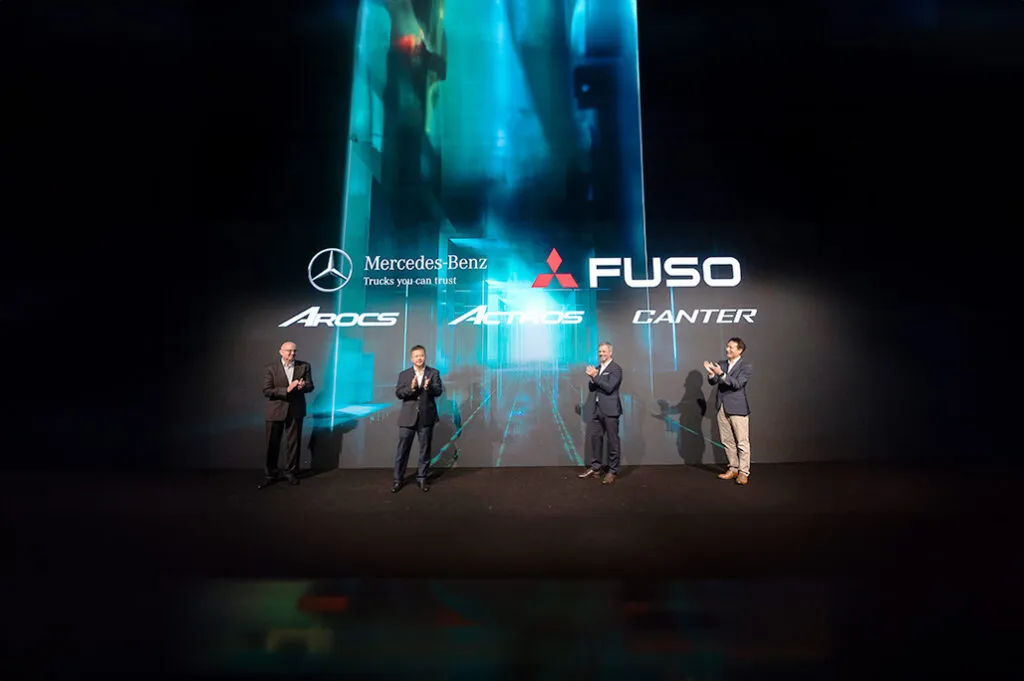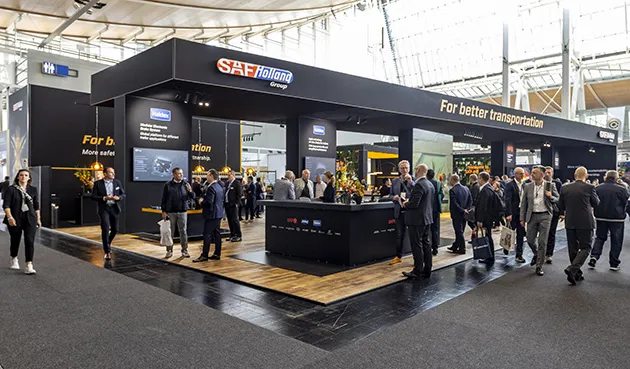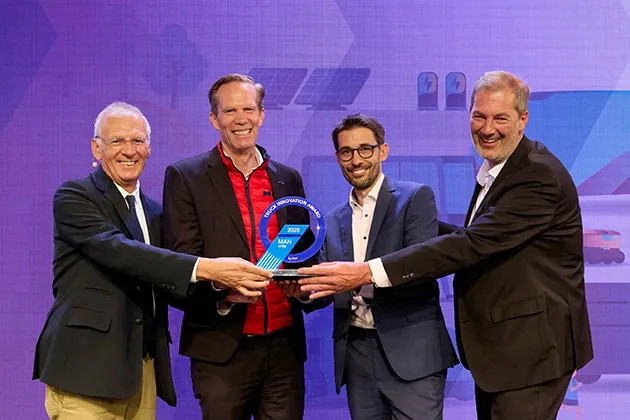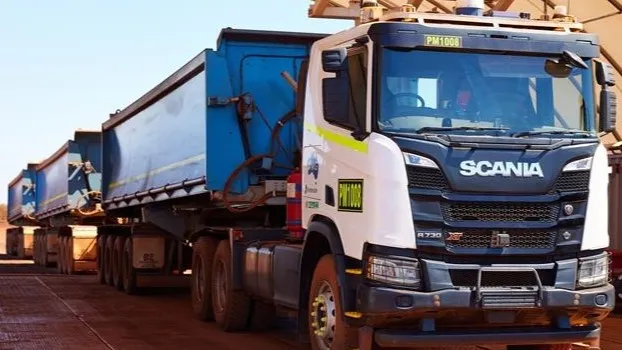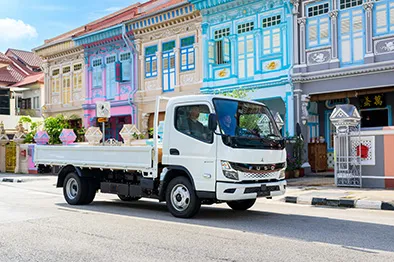Logistics is a vital part of the economy but rising operational costs — such as fuel, fleet maintenance and driver shortage — pose significant challenges for logistics companies.
Isuzu Unveils NPR Pro for Overcoming Logistics Challenges
Ignoring these issues could severely impact profitability. To address these challenges, Isuzu introduced the new NPR Pro truck that offers practical solutions to help businesses stay competitive.
“The Isuzu NPR Pro truck possesses the ability to accomplish the most demanding aspects of its operating usage by delivering sufficient power and better economy. This model is built to solve the various challenges our customers face in fuel cost, maintenance, driver retention and overall performance and efficiencies they require to serve and exceed their customers’ needs and expectations. We are confident that with all the relevant upgrades, the NPR Pro is the truck that companies could fully leverage for their business efficiency,” said Masashi Nuijima, COO of Isuzu Malaysia Sdn Bhd Commercial Vehicle Division……
Are you enjoying reading this article. Click here to read more….
五十铃NPR Pro搭载新引擎
用户成本更低
物流是经济中重要的组成部分,但不断提高的运营费如燃料、车队维护和司机短缺等,给物流公司带来了巨大的挑战。忽视这些问题可能会严重影响公司的盈利能力。为了应对这些挑战,五十铃推出了新型NPR Pro卡车,通过实用的解决方案来帮助企业保持竞争力。
大马五十铃商用车首席运营员縫島雅司说:“五十铃NPR Pro卡车能够通过提供充足的动力和更好的经济性来完成其操作使用中最苛刻的方面。该车型旨在解决客户在燃料成本、维护费用、驾驶员保留率,以及服务和超越客户需求和期望所需的整体性能和效率方面所面临的各种挑战。我们相信,通过所有相关升级,NPR Pro将为企业带来更为高效的运营效率….”
点击读全文….

